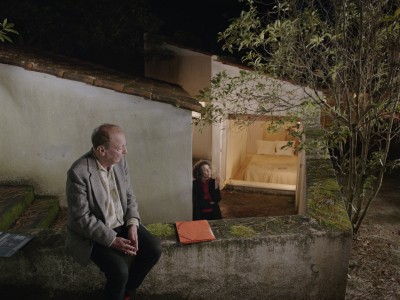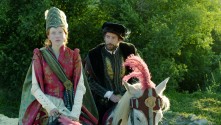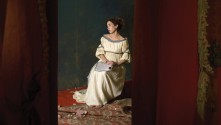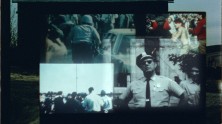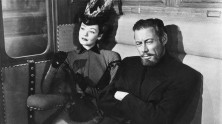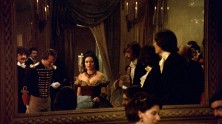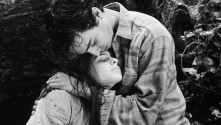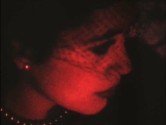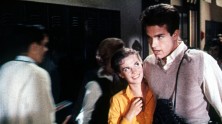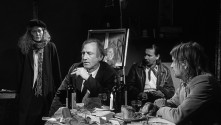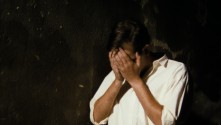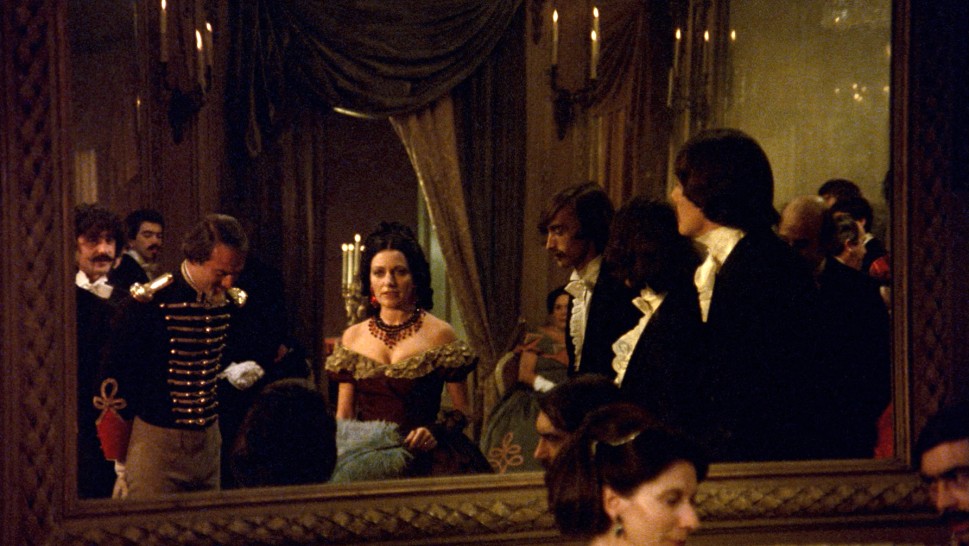
Francisca
With Teresa Menezes, Diogo Dória, Mário Barroso.
Portugal, 1981, DCP, color, 166 min.
Portuguese with English subtitles.
DCP source: Grasshopper Film
Fanny Owen, the novel by Agustina Bessa-Luís, is a mystery. Francisca deepens this mystery cinematographically. In Francisca, I saw unfold what Manoel de Oliveira called a visual word. “Oliveira films a word like someone filming a tree,” a girlfriend told me a few days ago.
This time it was not chance that struck me. In truth, I earned my place in this film one day when I plucked up courage, rushed up to Manoel de Oliveira and told him I would like very much to work with him. I, who had never even gone to film school, but I had seen Amor de Perdiçao, secretly, in a private screening, hidden in the projection booth. At that time rumors and opinions about Oliveira were terribly critical, with rare exception.
I was determined to infiltrate the shooting of Francisca, to unravel that mystery surrounding a big production during which I found myself literally invaded by an impudent desire to film. Francisca was my laboratory, my school, my inquietude. The Tóbis film studio was a sacred temple, an initiation, so to speak. I only entered again into that studio, inhabited by ghosts, a full thirty years later to film—not by chance—A Woman’s Revenge which would, fatefully, be the very last feature shot within its walls.
“The soul is a vice,” says Agustina, says Francisca. Cinema will also be a vice if it possesses us with the immense solitude of its makers. – RA
--------------------------------------------
Fanny Owen, o romance de Agustina, é um mistério. Francisca, aprofunda esse mistério cinematograficamente. Em Francisca, vi acontecer aquilo a que Manoel de Oliveira chamou palavra visual – “Oliveira filma a palavra como quem filma uma árvore”, disse-me há dias uma amiga.
Desta vez não foi o acaso que me bafejou. Na verdade, conquistei o meu lugar no filme um dia em que me enchi de coragem, interpelei Manoel de Oliveira e lhe disse num ímpeto que gostaria muito de trabalhar com ele... (Eu, que nem sequer a escola de cinema tinha feito...). Mas tinha visto o Amor de Perdição, clandestina, num visionamento privado, escondida na cabine. Nessa altura corriam rumores e opiniões sobre Oliveira terrivelmente demolidoras, salvo raras excepções.
Estava determinada a infiltrar-me da rodagem de Francisca, a desvendar que mistério envolvia uma grande rodagem na qual acabei por me sentir literalmente invadida por um desejo atrevido de filmar. Francisca foi o meu laboratório, foi a minha escola, a minha inquietação. O estúdio da Tóbis foi templo sagrado, de iniciação, por assim dizer. Só voltei a entrar naquele estúdio impregnado de fantasmas trinta anos depois para filmar, não por acaso, A Vingança de Uma Mulher, última longa-metragem ali rodada.
A alma é um vício, disse Agustina, dizia Francisca. O cinema também o será, se nos possuir na imensa solidão de quem o faz. – RA
